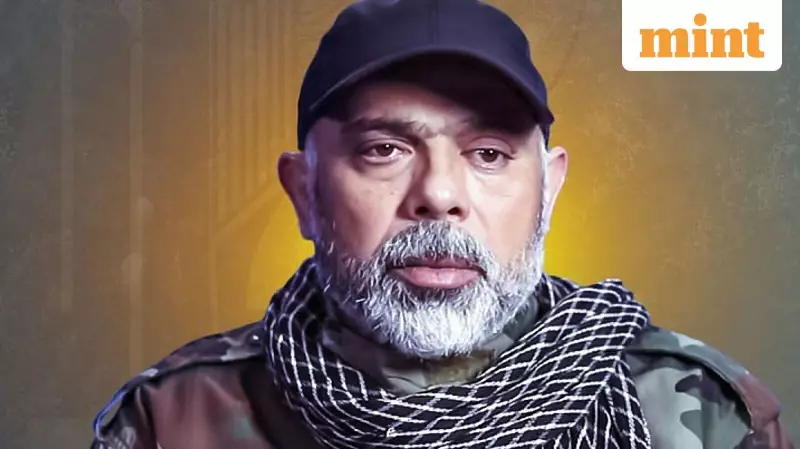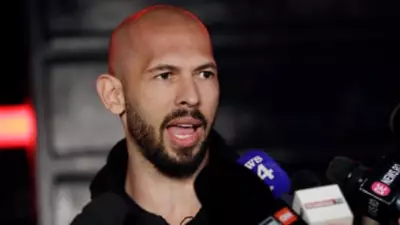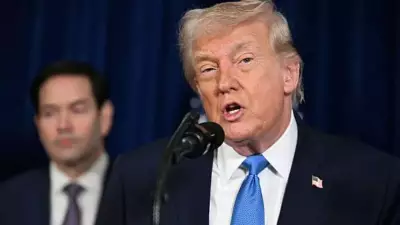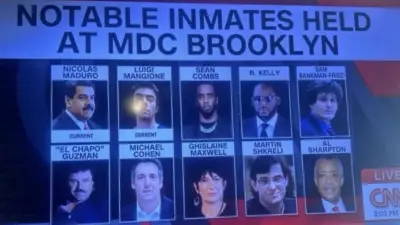
In a significant escalation of Middle East tensions, Israel has confirmed the targeted killing of Hezbollah's top military commander, Abu Ali Al-Tabtabai, during a daylight airstrike in Beirut's Dahieh district. The operation marks a serious deterioration in the already fragile ceasefire between Israel and Lebanon that has been holding since November 2024.
Senior Hezbollah Commander Eliminated
The Israeli Defense Forces (IDF) described Al-Tabtabai as second only to Secretary-General Naim Qassem in Hezbollah's military hierarchy. In an official statement, the IDF emphasized his crucial role within the organization, stating he served as a significant source of knowledge and influence due to his extensive connections and capabilities.
Israeli Prime Minister Benjamin Netanyahu defended the operation, stating it was necessary to prevent Al-Tabtabai from further strengthening Hezbollah's military capabilities against Israel. The strike occurred just hours after Netanyahu told his cabinet that Israel would continue everything necessary to prevent Hezbollah from re-establishing its threat capability.
Civilian Casualties and Regional Reactions
The daytime attack resulted in significant civilian casualties, with Lebanon's health ministry reporting five civilians killed and 28 injured. The strike has drawn strong condemnation from Lebanese authorities, with President Joseph Aoun accusing Israel of disregarding repeated calls to halt assaults on Lebanese territory.
Hezbollah has confirmed the death of their military chief and issued a warning that the assassination would only strengthen the resolve of jihadists within the organization. The group has historically responded forcefully to such high-profile targeted killings.
Ceasefire Agreement Under Severe Strain
The November 27, 2024 ceasefire agreement, which was mediated by the United States, appears to be unraveling rapidly. The agreement had required Lebanon to disarm Hezbollah in southern regions and prevent the group from maintaining weapons stockpiles.
While Hezbollah had complied with stopping missile attacks, the organization refused to surrender its entire arsenal. Israel has cited self-defense provisions within the ceasefire agreement to justify targeted airstrikes against what it describes as Hezbollah's rearmament efforts, operations that have intensified in recent months.
Netanyahu has previously offered to remove Israeli army outposts along the border in exchange for Lebanese action to disarm Hezbollah. However, Israel maintains a presence in five strategic locations, and both nations remain technically at war despite the ceasefire arrangement.
Veteran Operative with Global Reach
Abu Ali Al-Tabtabai was no ordinary operative. Having been active since the 1980s, he commanded the elite Radwan Force and oversaw Hezbollah operations in Syria, significantly enhancing the group's operational and combat capabilities beyond Lebanon's borders.
His activities had drawn international attention, with the US State Department designating him a global terrorist in 2016 for his role in Hezbollah operations in Syria and Yemen. The United States had offered up to $5 million for information leading to his capture or elimination.
This is not the first time Israel has targeted Hezbollah's leadership in Beirut. In July 2024, Israeli airstrikes killed Fuad Shukr, Hezbollah's former military chief, indicating a pattern of high-value targeted operations against the organization's leadership structure.
The latest assassination raises serious concerns about potential retaliation from Hezbollah and the future of the already precarious ceasefire agreement between Israel and Lebanon. Regional observers fear this could trigger another cycle of violence in the conflict-ridden Middle East.





